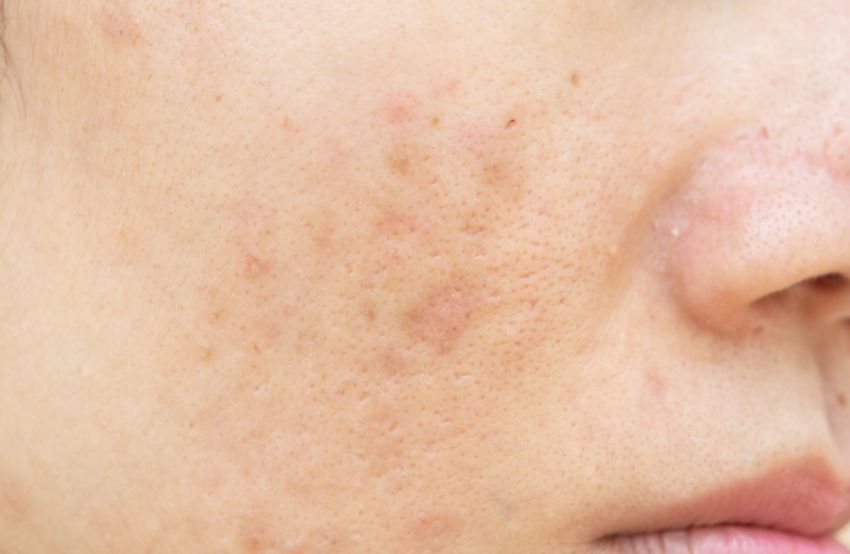White spots on the skin can occur due to various reasons, including fungal infections, autoimmune diseases, or simply lack of proper skincare. Preventing these spots involves maintaining good hygiene, protecting your skin from harmful UV rays, and addressing underlying health issues. Here’s a comprehensive guide on how you can prevent white spots and maintain healthy skin.
Practice Good Hygiene:
Wash your skin with a mild cleanser on a frequent basis to keep it clean.
Particular care should be given to regions that sweat a lot, such as the feet, groyne, and underarms.
After taking a bath, make sure your skin is completely dry to avoid moisture accumulation that might result in fungal infections.
Protect Your Skin from the Sun:
Use sunscreen with an SPF of at least 30 wherevera you go outside, even on cloudy days.
Wear protective clothing, such as long sleeves, pants, and wide-brimmed hats, to shield your skin from UV rays.
When the sun is at its strongest, which is usually between 10 a.m. and 4 p.m., seek shade.
Maintain a Healthy Diet:
To promote general skin health, eat a well-balanced diet high in vitamins and minerals.
Include foods high in antioxidants, such as fruits, vegetables, nuts, and seeds, to help protect your skin from damage.
Drink lots of water over the day to stay hydrated and maintain the suppleness of your skin.
Avoid Harsh Chemicals:
When using skincare products that include powerful chemicals or odors that could irritate your skin, use caution.
Opt for gentle, fragrance-free products, especially if you have sensitive skin or are prone to allergies.
Manage Stress:
Chronic stress can weaken the immune system and exacerbate skin conditions, including white spots.
Engage in stress-relieving activities to enhance general wellbeing and relaxation, such as yoga, meditation, or deep breathing exercises.
Stay Active:
Regular exercise improves blood circulation, which can help maintain healthy skin.
Aim for at least 30 minutes of moderate exercise most days of the week to keep your skin glowing and vibrant.
Address Underlying Health Conditions:
Consult a dermatologist if you notice any unusual changes in your skin, including white spots.
Some white spots may be a sign of underlying health issues such as vitiligo or fungal infections that require medical treatment.
Avoid Excessive Scratching or Picking:
Scratching or picking at your skin can worsen existing conditions and lead to further irritation or infection.
If you have an itchy spot, try using a soothing lotion or consult a dermatologist for appropriate treatment.
Conclusion:
Preventing white spots on the skin requires a combination of good skincare habits, sun protection, healthy lifestyle choices, and prompt treatment of any underlying health conditions. By following these tips, you can help maintain healthy, radiant skin and minimize the risk of developing white spots or other skin issues. Remember to consult a dermatologist if you have concerns about your skin or notice any changes that require medical attention.




